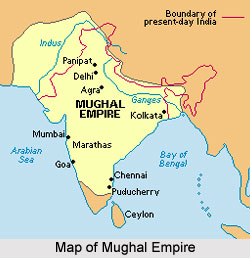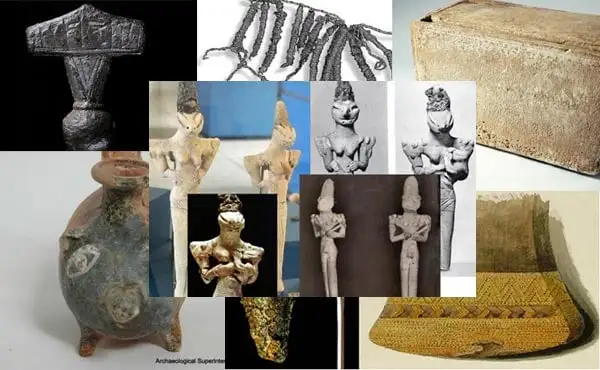The Mughal Empire was one of the most powerful empires in India’s history, and it played a crucial role in shaping the country’s political, cultural, and economic landscape. The empire was established in 1526 by Babur, a Timurid prince who invaded India from Central Asia. Over the next three centuries, the Mughals ruled over much of the Indian subcontinent, leaving a lasting impact on the region’s history and society. In this article, we will explore the significance of the Mughal Empire in India, examining its political, cultural, and economic achievements.
Political Significance
One of the most significant political achievements of the Mughal Empire was the establishment of a centralized and efficient system of government. Under the Mughals, India experienced a period of relative stability and prosperity, with the empire’s rulers promoting trade and commerce and investing in infrastructure projects such as roads and canals. The Mughal emperors also encouraged the development of the arts and sciences, and patronized some of the most brilliant minds of the time, including poets, musicians, and artists.
Another notable political achievement of the Mughals was the promotion of religious tolerance and pluralism. The empire’s rulers, despite being Muslims themselves, were tolerant of other religions and allowed people of different faiths to practice their beliefs freely. This policy of religious pluralism was a stark contrast to the earlier Islamic invasions of India, which had often been marked by religious intolerance and violence.
Cultural Significance
The Mughal Empire also had a significant impact on India’s cultural landscape, introducing new art forms, architectural styles, and literary traditions. Mughal art and architecture, for example, are characterized by their intricate designs, elaborate motifs, and grand scale. Some of the most famous examples of Mughal architecture in India include the Taj Mahal, the Red Fort, and the Jama Masjid mosque in Delhi.
In addition to their contributions to art and architecture, the Mughals also had a profound impact on literature and poetry. The era of the Mughal Empire saw the emergence of some of the greatest poets in India’s history, including Mirza Ghalib, Mir Taqi Mir, and Abdul Rahim Khan-i-Khana. These poets wrote in Persian and Urdu, two languages that were widely spoken and written during the Mughal period.
Economic Significance
The Mughal Empire also played a crucial role in shaping India’s economic landscape, with the empire’s rulers promoting trade and commerce and investing in infrastructure projects. The Mughals were renowned for their patronage of the arts and sciences, and they invested heavily in public works such as roads, canals, and bridges. This infrastructure development facilitated the growth of trade and commerce, making India a major center of international trade during the Mughal era.
Another notable economic achievement of the Mughals was their development of the textile industry. The Mughal Empire was famous for its fine textiles, and the court of the Mughal emperors was a major center of textile production and design. The Mughals also encouraged the development of other industries, such as metallurgy, ceramics, and glass-making.
Conclusion
In conclusion, the Mughal Empire was a significant force in Indian history, leaving a lasting impact on the country’s political, cultural, and economic development. The empire’s rulers were known for their political acumen, cultural patronage, and economic vision, and their legacy can be seen in India’s art, architecture, literature, and economy. While the Mughal Empire is no longer in existence, its legacy continues to influence modern India, serving as a reminder of the country’s rich and diverse cultural heritage.
![]()





